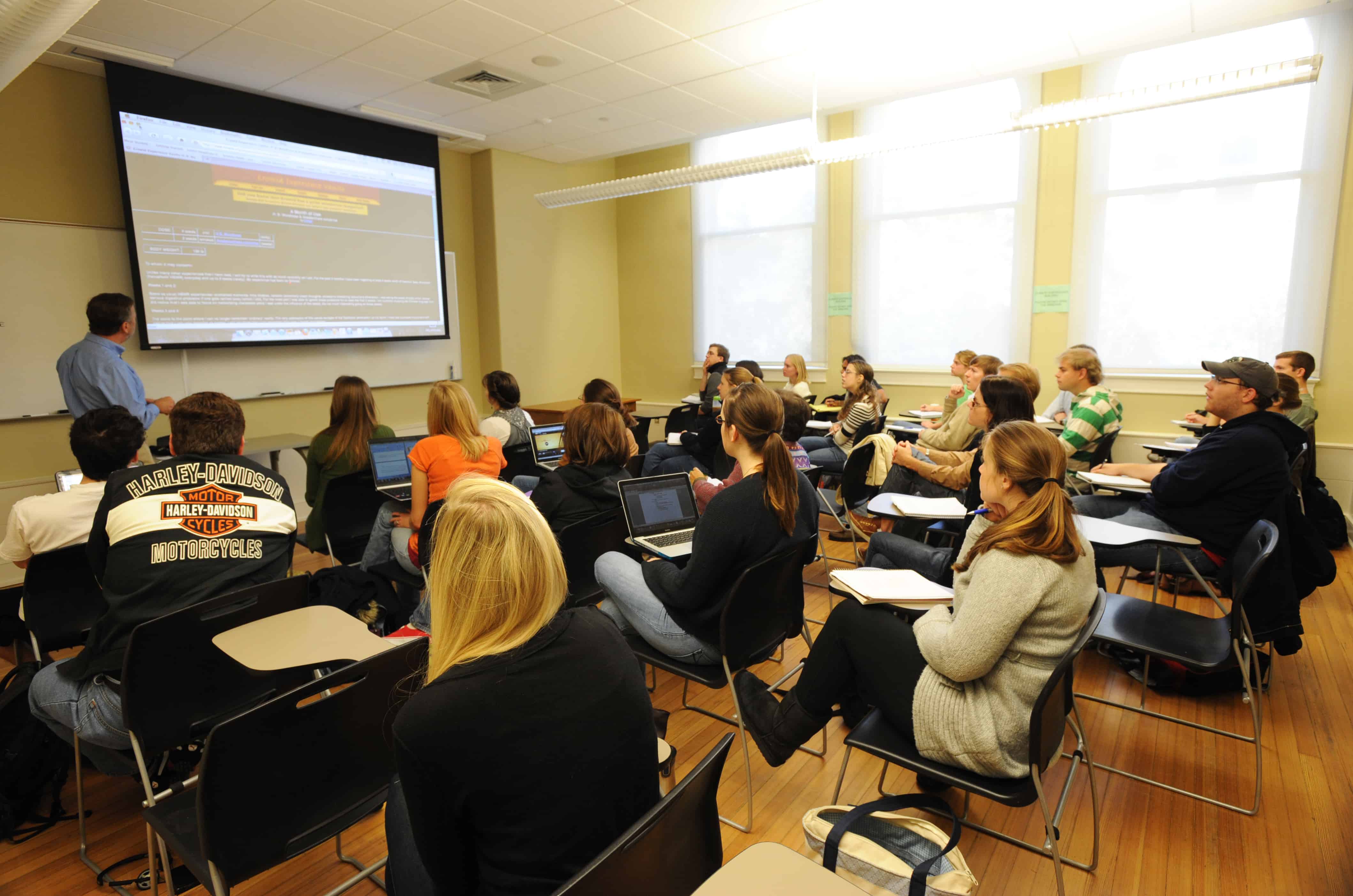[dropcap]W[/dropcap]hen course enrolment rolls around each year, many students spend time carefully scrutinizing their options for electives. Websites such as yconic and birdcourses.com, as well as Facebook groups, are designed to help students search for ‘bird courses,’ a term widely used for courses that have a reputation for granting students an easy A with minimal effort.
After perusing birdcourses.com, it seems that students generally perceive bird courses as ones that are high in subjectivity, writing-intensive, require rote memory work, or introductory courses. Many students see bird courses as opportunities to skip lectures for that course, using the time to catch up on the work required by more ‘important’ courses.
That said, bird courses may not be as ‘birdy’ as they seem. The perceived level of difficulty within each course differs from student to student, as a result of disparate learning styles and talents.
Ideally, students should enrol in courses courses they are interested in and passionate about, and not make decisions merely according to course ratings.
The key to effective learning may be to have a sense of purpose and to be fully engaged in the task at hand. According to Daniel Pink, author of the bestselling book, Drive, when students have a learning objective, they don’t have to feel that they are good at what they are learning in order to put in effort and to like the course; essentially, “their goal is to learn, not to prove they’re smart.”
Ultimately, whether or not a course is perceived to be ‘easy’ should not be a deciding factor when enrolling. Instead, it is important to take courses that capture what you are interested in; this interest produces a motivational spark to succeed and learn.
This spark is bound to differ from one student to the next. For those who embrace Pink’s concept of mastery, “activity is its own reward,” which encourages us to learn and do well in any course we choose, whether ‘easy’ or not.
Secondly, the level of difficulty within each course differs for each student as a result of dispirate learning styles and talents. The University of Toronto Scarborough’s Career and Academic Advising Centre lists three learning styles: auditory, visual and kinesthetic learning.
When choosing courses or electives, an auditory learner should choose a course that heavily features group discussions. When enrolling in courses, seminar type courses would greatly benefit auditory learners who value group discussions. For instance, the lecture section of CCR199Y1 offered by Woodsworth College is a seminar course that combines writing, presentations and group discussions.
Visual learners should generally enrol in courses that have group presentations, which allow one to create chart materials and visuals. For instance, visual learners should consider taking art courses which involve creative components.
Finally, kinesthetic learners should enrol in courses that involve certain physical activities, including laboratory practice and making models that condense information into physical components. It may be that the majority of these courses are science courses, which often involve lab components, but are not frequently classified as ‘bird’ courses.
Of course, many students learn in a combination of styles, or would not categorize their learning according to this system. Nevertheless, students will be best served by identifying their own learning strengths, and seeking out courses that lend themselves to those styles.
When selecting courses, it is important to look beyond ratings, and expand the typical definition of a ‘bird course’ to account for individual differences among students. Taking what appears to be the easy way out can have a boomerang effect; students may find themselves enrolled in a course that is difficult for them despite easy online ratings. Instead, the key is to select courses that are intrinsically motivating to you, and that complement your learning styles and talents. Doing so means that you can capitalize on your strengths and harness your individual talents.
Alexa Lopreiato is a Master’s student in Industrial Relations and Human Resources at the University of Toronto.


